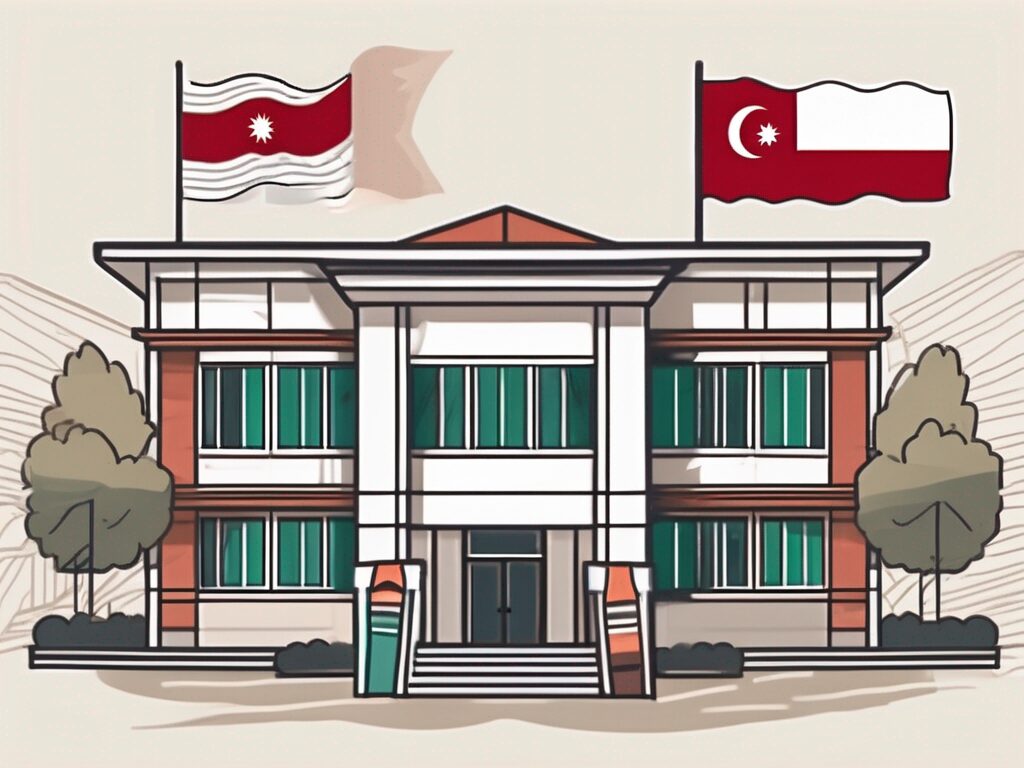Education is a crucial part of every child’s life, and parents play an instrumental role in shaping this journey. In Indonesia, parental involvement in education is a topic that has been gaining significant attention. This article delves into the various aspects of parental involvement in Indonesia’s education system, exploring its importance, the current state, challenges faced, and potential solutions.
The Importance of Parental Involvement
Parental involvement in education is not just about attending school meetings or helping with homework. It’s a multifaceted concept that encompasses various activities and interactions between parents and children that contribute to the child’s educational development. Let’s delve deeper into why parental involvement is so important.
Enhancing Academic Achievement
Research has consistently shown that children whose parents are actively involved in their education tend to perform better academically. This is not surprising, as parents can provide additional support and resources to supplement what children learn at school. It’s akin to having a personal tutor at home, but one who is deeply invested in the child’s success.
Developing Positive Attitudes and Behaviours
Parental involvement also plays a crucial role in shaping children’s attitudes towards education. When parents show interest in their child’s education, it sends a strong message about the value of learning. This can foster a love for learning in children, much like how a gardener’s care helps a plant to thrive.
The Current State of Parental Involvement in Indonesia
Now that we understand the importance of parental involvement, let’s take a look at the current state of affairs in Indonesia. Like a colourful batik fabric, the picture is intricate and varied.
Urban vs Rural Areas
In urban areas of Indonesia, parental involvement in education tends to be higher. This is likely due to a combination of factors such as better access to information and resources, and higher levels of education among parents. It’s a bit like comparing a bustling city to a quiet village – each has its own unique characteristics and challenges.
Socioeconomic Factors
Socioeconomic factors also play a significant role in parental involvement. Parents from higher socioeconomic backgrounds are generally more involved in their children’s education. This could be likened to having a well-stocked pantry – when you have more resources, you can provide a more varied and nutritious diet.
Challenges in Increasing Parental Involvement
Increasing parental involvement in education is not without its challenges. It’s a bit like trying to climb a mountain – the view from the top may be breathtaking, but the journey there can be arduous.
Lack of Time and Resources
One of the main challenges is the lack of time and resources. Many parents in Indonesia work long hours and may not have the time or energy to be actively involved in their children’s education. It’s a bit like trying to juggle multiple balls at once – it requires skill, effort, and a lot of practice.
Cultural and Social Factors
Cultural and social factors can also pose challenges. In some communities, there may be a belief that education is the sole responsibility of schools, with parents playing a more passive role. This can be compared to a play where the actors take centre stage, and the audience simply watches the performance.
Strategies for Enhancing Parental Involvement
Despite these challenges, there are strategies that can be employed to enhance parental involvement in education. It’s a bit like finding the right key to unlock a door – it may take some trial and error, but the result can be rewarding.
Parent Education and Training
Providing education and training for parents can be an effective strategy. This can equip parents with the knowledge and skills they need to support their children’s education. It’s a bit like giving someone a map and compass – it can guide them on their journey.
Community Engagement
Engaging the wider community can also help to foster a culture of parental involvement. This can involve organising community events and activities that promote the value of education and the role of parents. It’s a bit like lighting a beacon – it can draw people together and illuminate the path ahead.
In conclusion, parental involvement in Indonesia’s education system is a complex but vital issue. It’s a bit like a puzzle – each piece is important, and when they all come together, they create a beautiful picture. With the right strategies and support, we can enhance parental involvement and help children in Indonesia to reach their full potential.
Empower Your Role in Education with IPGCE
As we recognize the importance of parental involvement in Indonesia’s education system, it’s equally crucial for educators to continuously enhance their qualifications and professional development. IPGCE offers a transformative opportunity for teachers to deepen their understanding of global education systems, connect with an international network of professionals, and significantly improve their career prospects. If you’re an educator aiming for Qualified Teacher Status or looking to advance in your career, join the UK’s #1 Teacher Training Course. Embrace the benefits of flexible online study and become part of a program that has proven to increase interview callbacks, promotion rates, and salary growth. Join the IPGCE program today and take a significant step towards enriching your professional journey and the educational experiences of children in Indonesia and beyond.

